By guest blogger Bill Rowe, Director of Content Development
Emergencies, by their very nature, are surprising, chaotic, random, and rule-bending. Trying to think of managing them in terms of a clearly defined process is probably the last thing on the mind of someone facing an emergency for the first time.
To be sure, an organized approach is the best practice. Simple concepts such as the original Circles of Care in MEDIC First Aid programs or the historical Assess, Alert, Attend approach from ASHI, provided a simple means of how to help in an emergency.
However, when you get down into the weeds, things can get a bit overwhelming and wobbly. It’s the place where answers are not always clear or have never really ever been defined. It’s the land of the “What if?” questions, and something with which we, as emergency care educators, are all too familiar.
For example, what if a person is hypoglycemic, poisoned with arsenic, bleeding heavily from a leg wound, and not breathing? Oh, and a vicious dog is guarding watch over them? And it’s during a hurricane?
If you will indulge me, I would like to submit that the correct answer is, “It’s not my problem… It’s yours.” (But in a nice way.)
Let me explain. Along the way somewhere, I was given one of those pearls of wisdom that kind of resonates and sticks with you. Technically it’s described as outcome-based management, but it’s forever stuck in my mind as “whose problem something really is.”
Outcome-based management thrives in chaos. The basic idea is to make management decisions on whether or not it will help lead to a desired outcome, no matter what curves are thrown at you, like in an emergency.
Think of it in terms of students in an emergency care training class. What we really teach are a set of tools to be applied in an emergency. Unfortunately, emergencies don’t adhere to classroom norms. Things are going to be different, and the way that something worked in a classroom may not be possible in the real world.
And, importantly, you, as an educator, won’t be there for guidance.
That gets us back to our “What if?” dilemma. I think we all enjoy the challenge of what-ifs, but, when responding, consider turning things back on the questioner. With an understanding of the tools that have been taught, ask the person what they would do given the circumstances and what they know. Just like in real life.
Make it his or her problem. Because you won’t be there when it happens.
Scenario-based learning is a great way to emphasize outcome-based management. After the base-level training of concepts and skills, use simulated emergencies, with real-world issues, to simulate lifelike decision-making and problem-solving.
All of our ASHI and MEDIC First Aid training programs include scenario sheets that promote outcome-based management. Don’t be afraid to go further and expand on what they do.
Come up with introductory stories that reflect the environments in which your students live, work, and play. Challenge them with problems that may not have a clear solution. Consider placing them in real locations, using the resources they really have. Think about the use of role-playing and moulage to realistically portray injuries or the signs of common illnesses.
Above all, give them solid tools to use and a clear comprehension of the need to achieve the desired outcome.
So the next time a student asks you, “What if?”… It’s not your problem.






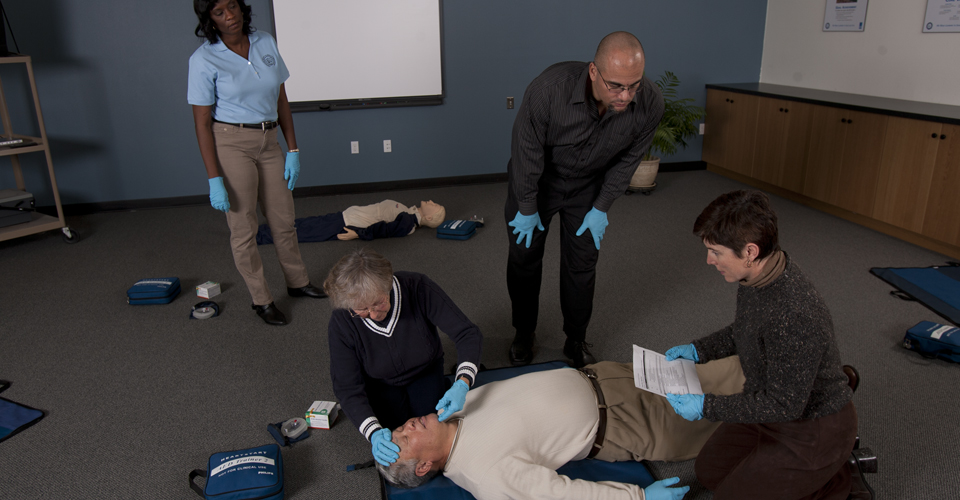
.png?width=600&name=HSI-CTA-EmergencyCareTraining%20(1).png)






Comments